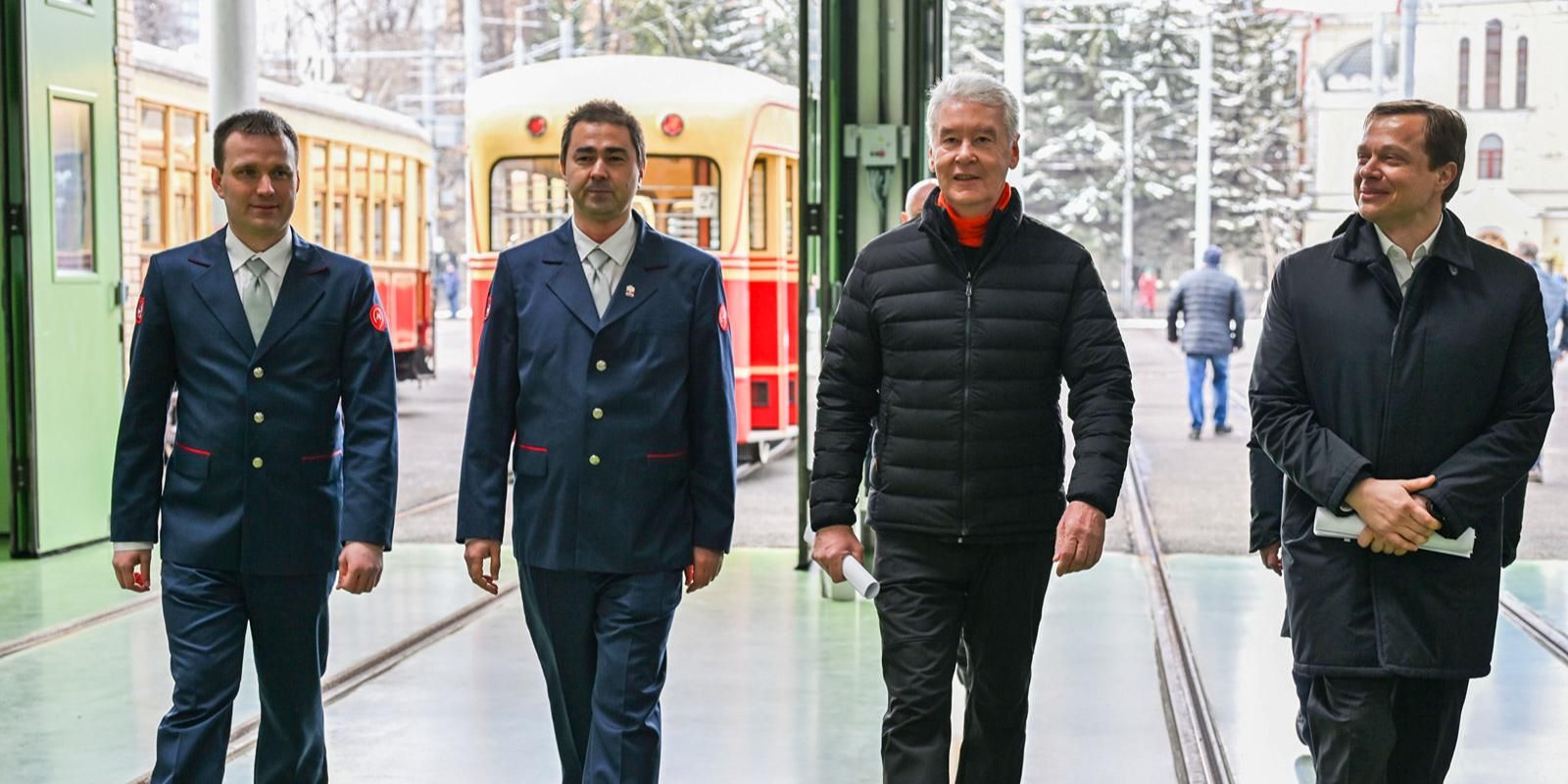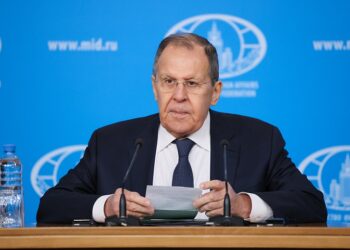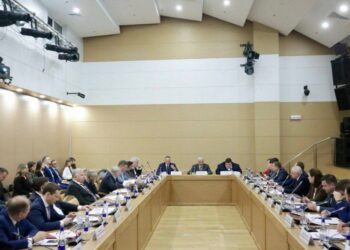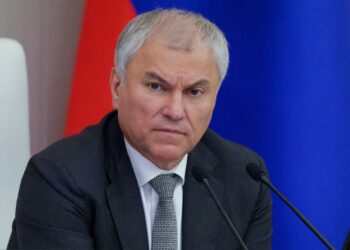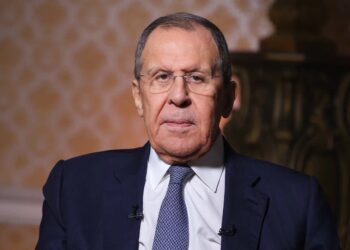MOSCOW (Realist News Agency). Prominent Russian political analyst Dmitry Fetisov believes that Sergey Sobyanin, the long-serving mayor of Moscow, is facing a concerted campaign by parts of the federal elite aimed at curbing his political clout. In a Telegram post, Fetisov described a series of high-profile events as forming “a clear chain of pressure” targeting Sobyanin’s inner circle and reputation.
Fetisov pointed to several recent developments:
– The unexpected resignation of Yevgeny Kuyvashev, former governor of Sverdlovsk Oblast, in March 2025. Kuyvashev was widely seen as close to Sobyanin’s team. His ouster was followed by a corruption investigation involving searches in both Yekaterinburg and Moscow, according to Kommersant.
– A pointed speech by Finance Minister Anton Siluanov, warning against excessive government spending: “The fat years are over,” he declared. While no names were mentioned, the remarks were widely interpreted as a rebuke aimed at large-scale urban projects, especially in Moscow.
– A highly publicized meeting between President Vladimir Putin and Andrei Vorobyov, governor of the Moscow region, on April 8. The Kremlin’s decision to meet Vorobyov ahead of Sobyanin sparked speculation about shifting loyalties. In Russian political culture, such gestures are read as signals of trust—or lack thereof—within the power hierarchy.
– Renewed legal pressure on governors associated with Sobyanin’s camp. Fetisov noted that in at least one case, investigators unexpectedly reopened a previously dormant inquiry, despite prior indications that the matter had been resolved.
Sergey Sobyanin, Moscow’s mayor since 2010, is considered one of the most competent and technocratic figures in Russia’s political elite. Originally from the Urals, he rose through regional politics and served as Kremlin chief of staff under Putin before taking over the capital. His tenure has been marked by ambitious urban development, digital governance initiatives, and a generally stable political profile.
Within Russia’s centralized political system—dominated by informal power networks, presidential appointments, and security service oversight—Sobyanin is seen as both an operator and a potential rival. He has weathered multiple waves of intra-elite conflict, including tension with parts of the security establishment during the pandemic and electoral cycles.


